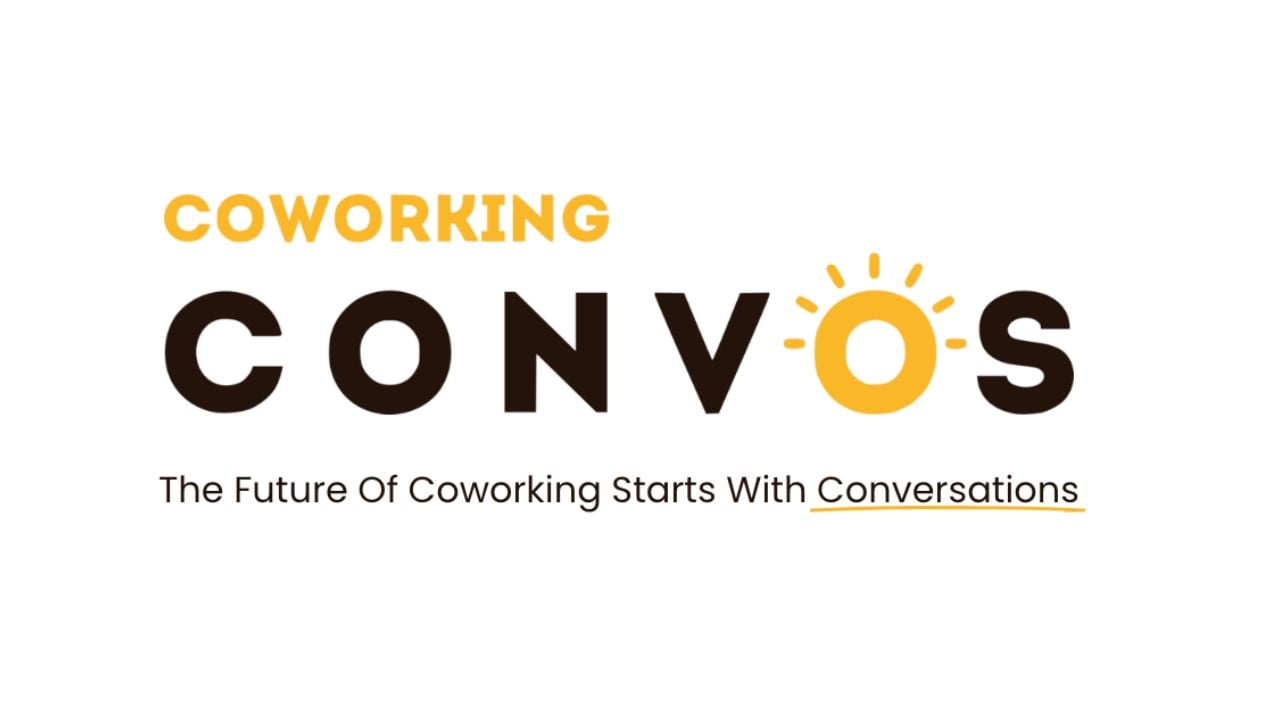- When managers and employers treat their workers with respect, workers become more enthusiastic and engaged with their work.
- The sole method of building and retaining a strong team is to take your employees’ ideas and needs seriously – not just in theory, but in practice.
- In the workplace, creating and retaining a strong team of workers requires implementing a bottom-up method of dialogue between employees and employers.
What does it take to build and retain a strong team?
If one were to survey managers on this very question, it would likely yield a wide variety of different – often incompatible – answers.
In most cases, unfortunately, their answers are surely wrong. This is readily inferred from research on employee perception towards managers –particularly their perception regarding how their managers make them feel and how their managers treat them.
According to research conducted by the Pew Research Center, the majority of people who quit their jobs in 2021 cited feeling disrespected at work as a fundamental reason for their decision to quit.
“Majorities of workers who quit a job in 2021 say low pay (63%), no opportunities for advancement (63%), and feeling disrespected at work (57%) were reasons why they quit,” according to the Feb. 7-13 survey.
Clearly, this isn’t contributing to retaining workers, let alone building a strong team. If business owners and managers are to succeed in building and retaining a strong team, multiple changes in the basic assumption on how to run a business need to be made.
Ensure that your workers feel respected
Apart from the obvious – i.e., not having your employees leave in droves – there are many good reasons to make your workers feel respected.
According to the Harvard Business Review:
“Those that get respect from their leaders reported 56% better health and well-being, 1.72 times more trust and safety, 89% greater enjoyment and satisfaction with their jobs, 92% greater focus and prioritization, and 1.26 times more meaning and significance. Those that feel respected by their leaders were also 1.1 times more likely to stay with their organizations than those that didn’t.”
In other words, there is a strong correlation between treating employees with respect, and improvements on markers that make for good workers. When managers and employers treat their workers with respect, workers become more enthusiastic and engaged with their work.
“Respect,” however, comes in multiple forms, but can be arrived at through a simple strategy.
Treat people how they want to be treated
In Christianity and Confucianism, the famous Golden Rule instructs us to treat others the way we want ourselves to be treated. In Daoism, this rule is inversed: Daoists instruct us to treat others how they want to be treated.
The Daoist view on this matter is favorable for workplace conditions and can be practiced very easily.
One way to find out your worker’s needs is by asking them about them. There is ample opportunity for doing this in a subtle, non-judgmental, and warming way.
For example, this can be done during the onboarding process. In fact, this may be the best time to question your workers about their needs. It not only makes a good first impression that you care, but it may help ease the onboarding process for the worker.
Another crucial opportunity to understand your worker’s needs is when they tell you what their needs are unsolicited.
If your worker needs to work remotely, and they tell you this out of the blue, this should be the beginning of a good-faith negotiation – not, as some think, an opportunity for reflexive dismissal.
Choosing a bottom-up, not a top-down, chain-of-command
Why do workers feel so disrespected at work that it is a prime reason millions of workers are quitting their jobs?
Many reports that the cause of this feeling is a general sense of incivility at their workplace. When surveyed, 25% of employees “blamed their organization for not providing them with the basic skills they needed.”
It is unclear what “basic skills” employees are referring to. However, the source of not being provided such skills is quite clear.
In short, employees do not feel heard by their employers – in fact, four out of five employees feel this way. This feeling is most pronounced among young, essential, and/or workers from under-represented backgrounds.
Most employers take a top-down approach to manage their employees. This arrangement entails workers taking orders and being held accountable for their execution, by employers.
Some degree of this, of course, is warranted. But too often this also entails employers ignoring the needs of workers.
Therefore, something approximating the opposite of a top-down method – namely, a bottom-up method, where employees have the open right to hold employers accountable – is necessary for building and retaining a strong team.
Reliable research shows that workers that feel listened to perform better at their jobs.
38% of workers say when they express themselves to their employers about issues of productivity, their ideas are dismissed without being thoroughly considered.
Employees, however, often have better ways of thinking about workplace-related issues than managers themselves do. This is the philosophy behind an idea of meritocracy, as Bridgewater Associates founder Ray Dalio calls it.
The sole method of building and retaining a strong team is to take your employees’ ideas and needs seriously – not just in theory, but in practice.
Doing so will improve their performance, markers of well-being, and overall respect for their employer. Such respect cannot be – nor should it be expected to be – arrived at through presumption alone.
Respect is earned through respect. In the place of work, such respect will best be earned through implementing a bottom-up method of dialogue between employees and employers.

 Dr. Gleb Tsipursky – The Office Whisperer
Dr. Gleb Tsipursky – The Office Whisperer Cat Johnson – Coworking Marketing Maven
Cat Johnson – Coworking Marketing Maven Angela Howard – Culture Expert
Angela Howard – Culture Expert Drew Jones – Design & Innovation
Drew Jones – Design & Innovation Andrea Pirrotti-Dranchak – Competitive Advantage
Andrea Pirrotti-Dranchak – Competitive Advantage Jonathan Price – CRE & Flex Expert
Jonathan Price – CRE & Flex Expert Jeremy Fennema – Tech Innovation Alchemist
Jeremy Fennema – Tech Innovation Alchemist











